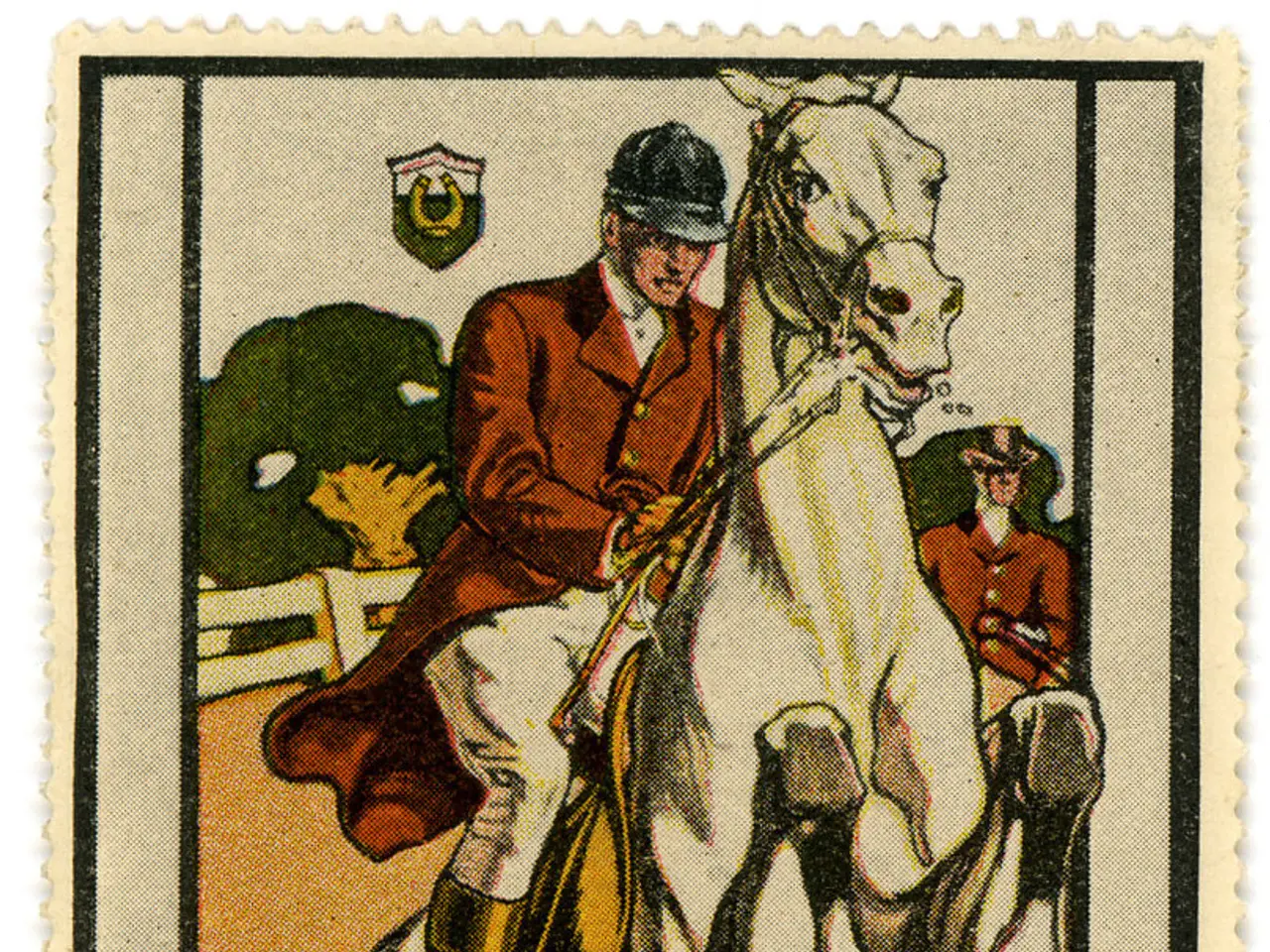Revolutionary Pioneer John Hancock in the American War Conflict
John Hancock, a name synonymous with the American Revolution, played a significant role in the fight for independence. Despite being a key figure and frequently pursued by British authorities, Hancock was never taken prisoner during the Revolution.
Born in Braintree, Massachusetts in 1737, Hancock received his education at the Boston Latin School and Harvard College, graduating in 1754. His uncle, Thomas Hancock, played a significant role in his upbringing and education.
Hancock's early life saw him become an active participant in the Boston Caucus, a group of merchants and politicians resisting British rule. He served in the Massachusetts House of Representatives from 1766, opposing the Stamp Act and the Townshend Acts, taxes imposed on the colonies by the British.
Hancock's legacy is one of leadership, courage, and commitment to the cause of American independence. In 1775, he became the president of the Second Continental Congress, presiding over the Congress during the drafting of the Declaration of Independence. His signature on the document placed his life and fortune in jeopardy due to British authorities, but it has evolved into an enduring symbol of American autonomy.
The intricacies of Hancock's life and legacy provide a profound insight into the sacrifices and challenges that paved the way for the birth of our nation. Hancock's decision to leave Boston allowed him to evade British pursuit during the occupation. His ship, the Liberty, was seized by British authorities before the war, an event known as the Liberty Affair (1768), but this did not lead to his capture. Hancock was also involved in confrontations with British customs officials but managed to avoid arrest or imprisonment.
Hancock's enduring legacy echoes the values of sacrifice, determination, and a profound belief in the principles that would shape the foundation of the United States. His signature on the Declaration of Independence symbolizes his commitment to American independence, a testament to his courage and conviction. The legacy of John Hancock continues to inspire, reminding us of the sacrifices made to secure the freedoms we enjoy today.
John Hancock's political involvement extended beyond the fight for American independence, as he also showed interest in various aspects of business and finance. His shipping business, partially subsidized by his vast wealth, played a significant role in the colonial economy.
Later in his life, Hancock even ventured into the realm of general-news journalism by publishing 'The Independency Legal Examiner,' a newspaper that supported the American Revolution and the cause of independence. This decision marked his foray into the broader arena of leadership, where he leveraged his influence to shape public opinion and advocate for the new nation.




